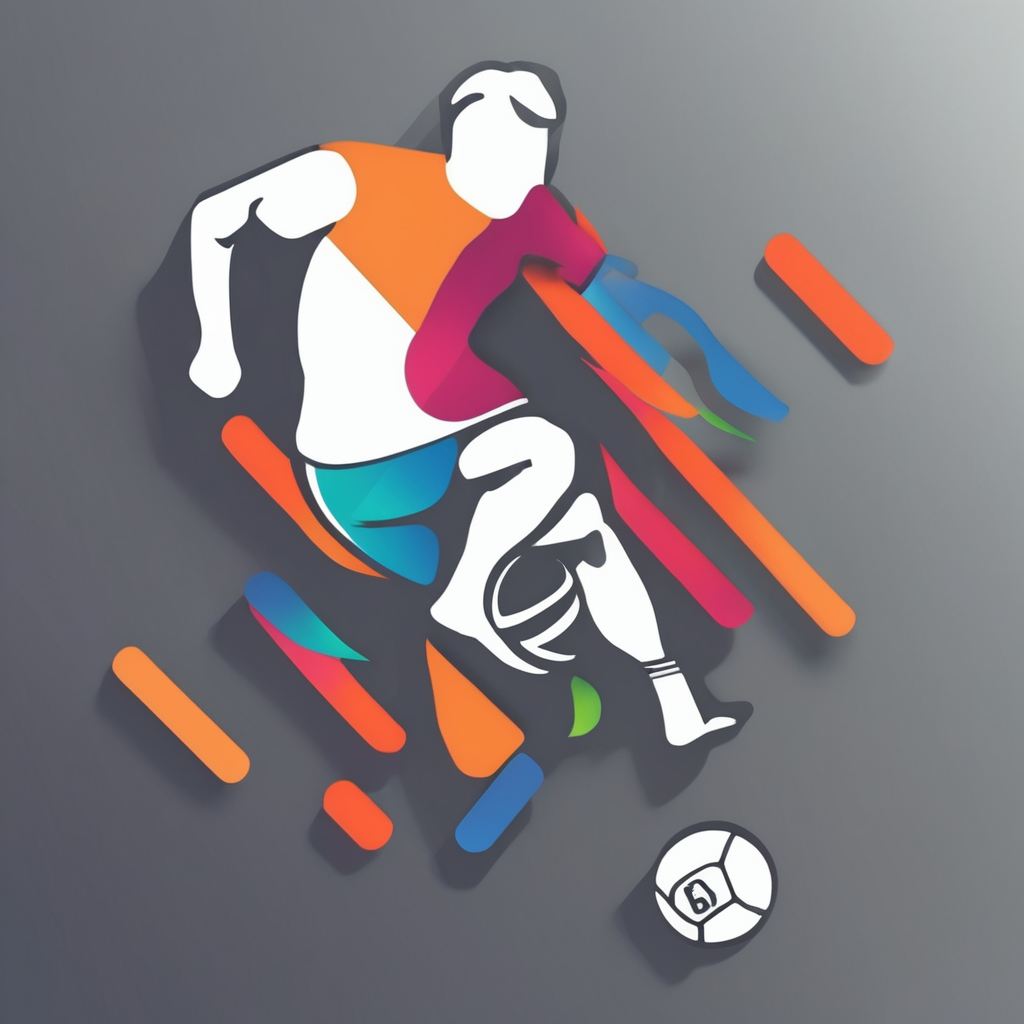Practical Ways UK Cycling Clubs Support New Riders
UK cycling clubs employ a variety of beginner support strategies to ensure smooth new rider integration. Organising beginner-friendly group rides and introductory sessions is a common approach. These sessions focus on manageable distances and easy terrain, allowing novices to build confidence in a low-pressure setting. Through these rides, clubs create a welcoming atmosphere that encourages questions and interaction.
Establishing mentoring or buddy systems is another pivotal cycling club initiative. Pairing newcomers with experienced riders offers continuous support beyond group rides. Mentors share practical advice on riding techniques, safety, and etiquette, helping beginners feel valued and secure. This personal guidance often increases retention and enthusiasm among new cyclists.
In parallel : What Are the Latest Innovations in UK Cycling Sports?
Additionally, many clubs provide clear equipment advice and basic maintenance support. Beginners often face uncertainty about gear choices and upkeep. Clubs address this by offering workshops or materials that explain essential bike components and routine maintenance tasks. By demystifying equipment care, clubs empower new riders to troubleshoot minor issues independently, enhancing their cycling experience and reducing anxiety.
These combined strategies demonstrate how UK cycling clubs actively nurture new riders through comprehensive, approachable support systems.
Additional reading : How does cycling culture influence community building in the UK?
Club Initiatives and Programs for Beginners
Clubs that succeed in welcoming new cyclists often offer cycling skills workshops tailored specifically for novices. These workshops focus on essential techniques such as handling, braking, and group riding etiquette. They build confidence by breaking down skills into manageable steps and providing hands-on practice. Clear instruction and paced learning reduce beginner anxiety, making cycling more accessible.
Mentorship and buddy schemes are another cornerstone of club support. Pairing newcomers with experienced riders fosters a supportive environment where questions and concerns can be addressed personally. This interaction helps beginners feel valued and connected, enhancing their motivation to continue. Mentors often share tips on route planning, equipment choices, and safety, making the learning curve less steep.
Alongside personal guidance, clubs frequently provide resource packs and online guides. These materials cover basics such as bike maintenance, nutrition, and training plans, empowering new cyclists to prepare effectively for rides. Having readily available information supports independent learning while complementing in-person mentorship.
Combining structured workshops with mentorship and accessible resources creates a comprehensive support system that accelerates skill acquisition and encourages ongoing participation. For more details, explore comprehensive beginner resources provided by UK cycling communities.
Creating a Welcoming and Inclusive Cycling Community
Fostering an inclusive cycling culture entails more than organizing rides; it requires nurturing a truly supportive environment where every member feels valued. Clubs achieve this by promoting respect and friendliness at all levels, ensuring new riders encounter no intimidation or exclusion.
Regular social events are pivotal in cementing connections beyond the bike. Casual meetups, coffee mornings, or group dinners offer newcomers a chance to bond, share experiences, and ask questions in relaxed settings. These gatherings help build trust and a sense of belonging that complements ride participation.
Diversity and inclusivity must be actively embraced. Successful clubs deliberately create spaces welcoming all backgrounds and abilities, tailoring activities to accommodate varying needs. This approach combats barriers like skill gaps or social discomfort, inviting greater participation.
By integrating these elements—welcoming attitude, social interaction, and intentional inclusivity—clubs evolve into communities where new cyclists thrive both on and off the saddle. A friendly culture paired with diverse, inclusive programming lays the foundation for lasting engagement and a positive cycling experience.
Real-World Examples and Expert Advice from UK Clubs
UK cycling club best practices often emerge from real-world experiences and feedback. One effective approach comes from a club in Yorkshire, where leaders implemented a “buddy system.” New riders are paired with experienced cyclists for several rides, helping them learn pace management and group etiquette. This practice significantly improved comfort levels and retention rates.
Expert tips stress clarity of communication. Club leaders recommend using clear pre-ride briefings to outline ride pace, distance, and expected skills. This transparency reduces anxiety among new riders, enabling them to focus on enjoying the experience.
New rider stories highlight the power of community. One beginner recalled feeling nervous about their first group ride but found that patient encouragement and accessible pacing made all the difference. This sense of inclusion was reinforced by follow-up messages from club members, reinforcing the welcoming culture.
These examples underscore the importance of structured support combined with a friendly atmosphere. For clubs seeking to enhance newcomer integration, embracing such strategies can create strong, lasting communities filled with confident cyclists.
Resources and Next Steps for Prospective New Cyclists
Discovering new cyclist resources is essential for anyone starting their cycling journey in the UK. To find local clubs and beginner events, newcomers can consult community centres, cycling shops, or dedicated websites featuring regional listings. These resources often highlight clubs with beginner-friendly rides and mentorship programs tailored to support fresh riders.
Online communities also provide excellent support. Forums and social media groups focused on UK cycling offer beginner cycling advice ranging from gear recommendations to tackling tricky routes. Additionally, reputable cycling guides and training plans are available, helping new cyclists progress safely and enjoyably.
For confident first steps in joining a club, experts recommend reaching out early, asking questions about ride pace, and attending social meet-ups. Familiarising yourself with club etiquette and equipment basics can ease the transition. Gradually participating in rides builds skill and comfort, transforming uncertainty into enthusiasm.
Embracing these UK cycling support options equips new riders with practical knowledge and community connections. This approach lays a solid foundation for an enduring and rewarding cycling experience, encouraging growth and enjoyment in a welcoming environment.

